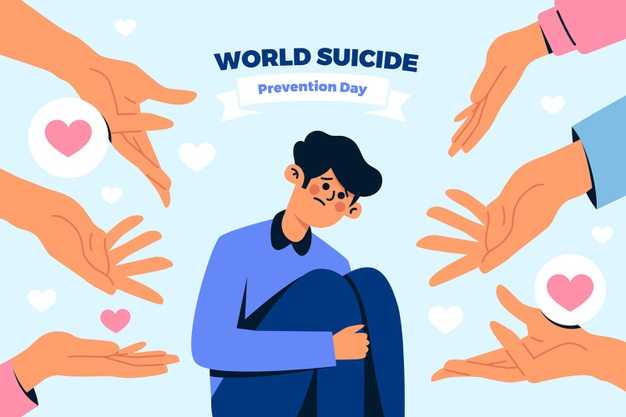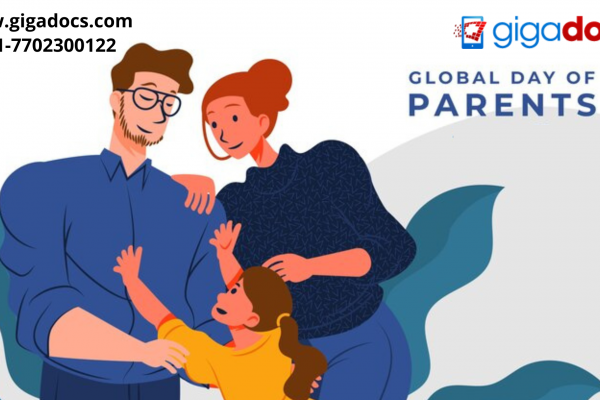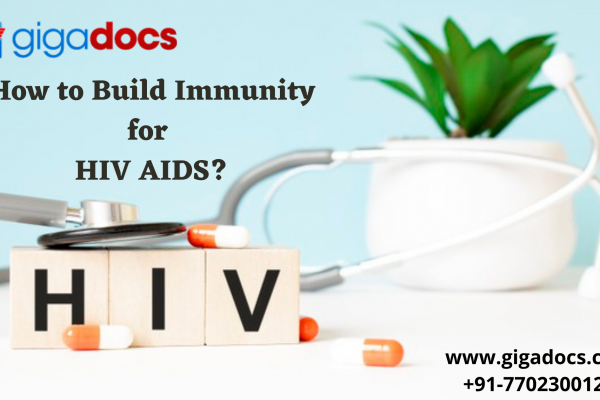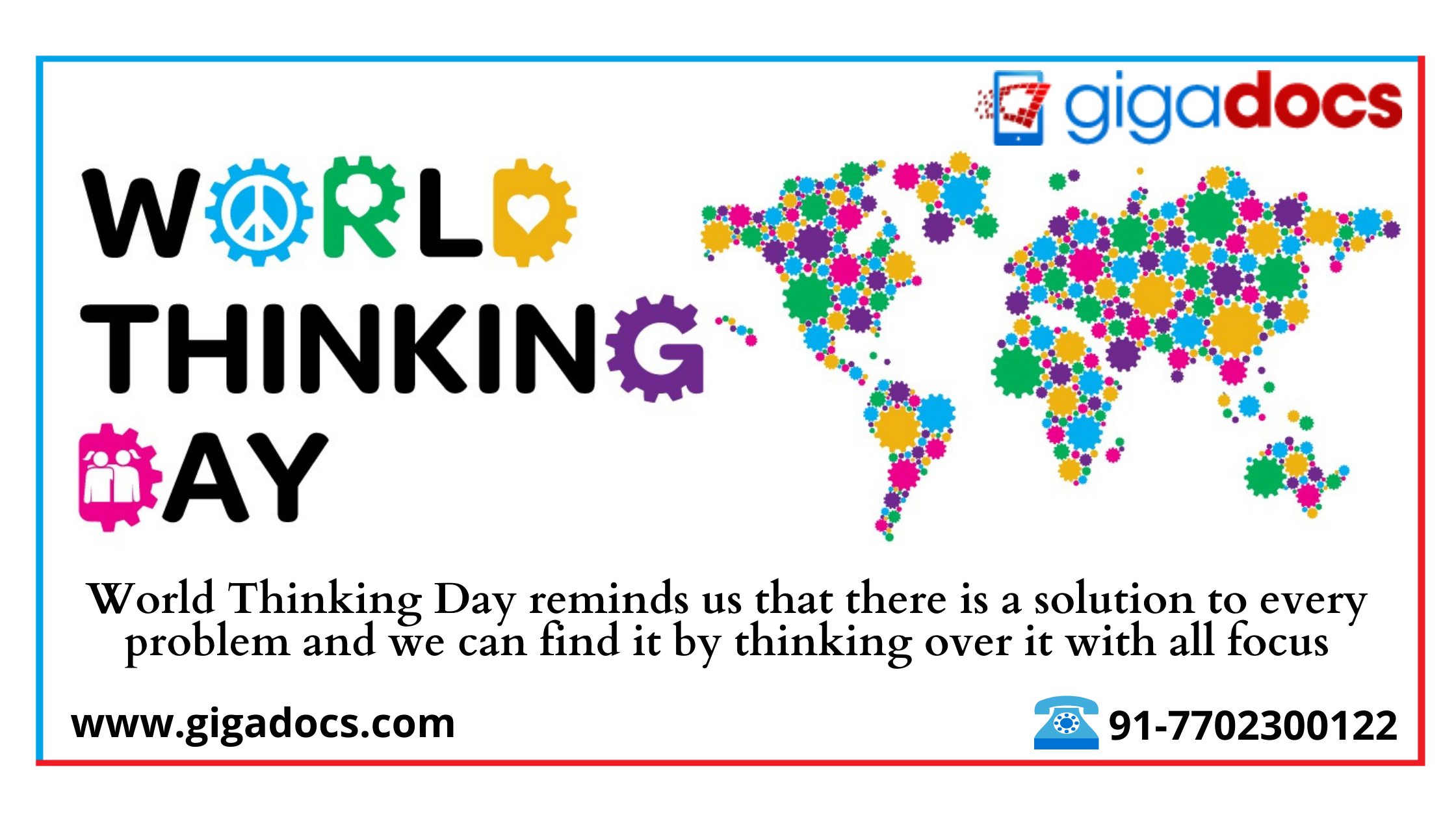Suicide affects millions and is the leading cause of deaths and medical emergencies globally. It is estimated that suicide or voluntarily taking away one’s life is the cause of about 1 million annual casualties. Whopping 20+ attempts are behind one successful suicide attempt, which makes it more worrisome. Suicide and its attempts have a cascading effect that impacts one’s families, friends, colleagues, communities, and societies.
Suicide- Risks and Annual Causalities
Medical estimates point that about 90 percent of those who die by suicide suffer from a range of mental disorders that include depression, bipolar disorder, schizophrenia, or alcoholism. Depression or the general feeling of hopelessness and helplessness is counted as one of the main suicide triggers. Depression causes distorted thinking that impacts one’s logical reasoning capabilities. People who are prone to suicide constantly have troubles in understanding and often hallucinate that suicide will be an end to their suffering. However, some of the common suicide risk factors include-
- Alcoholism, drug abuse, and mental illness
- Family history of suicide, previous suicide attempts, history of trauma, or abuse.
- Chronic pain, a recent loss, stressful event like the Covid-19 pandemic.
- Isolation and loneliness due to social distancing during the pandemic.
Suicide Prevention Month
Suicide is recognized globally as a public health issue. Suicide rates have been increasing gradually and have become one of the major cause of deaths. This makes it more critical to identify the early signs which may lead to suicide.
The ongoing Coronavirus pandemic has affected the mental health of everyone. Limited social contact, lockdown, uncertainty, fear of the pandemic, and sudden unexpected changes like work from home has made it important to highlight suicide prevention. Mental health invites a lot of social stigma in our country, where depression often is regarded as a mentally imbalanced state. To raise awareness that surrounds mental health and raise global awareness that suicide is preventable September is observed as the Suicide Prevention month, while the International Association for Suicide Prevention has marked the 10th September as Suicide prevention day.
Warning Suicide Signs
Suicide is a desperate attempt to escape reality and the suffering which has become unbearable for the suicide-prone people.
The common feelings that surround are guilt, loneliness, hopelessness A suicide-during the current pandemic times which all of us are at home without much social interaction, in despair, and in panic, one person thinks taking away one’s life as the only way of finding relief. However, most of the suicidal individuals share warning signs about their present status, and the best way to prevent this life-ending step is to recognize these warning signs. Family and friends must be extra vigilant if they have a person who is showing depression symptoms. They can play a supportive function by showing that they care and get timely medical help and psychological consultation involved.
Family and friends should watch out for the warning signs if a person they know is talking about killing or harming oneself, talking death, or is withdrawn from the social discussions. These signals can be more dangerous if the person suffers from a mood disorder like depression, bipolar disorder, is extensively dependent on alcohol, previously tried to attempt suicide, or has a family history of suicide.
Reasons behind Suicidal Tendencies
- Depression
Multiple researchers estimate that depression is strongly linked with suicidal tendencies. A person who is on anti-depressants has a high chance of suicide. Coronavirus and its associated uncertainty have left the global population in situations that were unimagined before. Though we all must practice social distancing and stay in homes unless there is an emergency to step out. This does not mean we stop all the communication, regularly talking to friends and family, and engaging our mind in constructive hobbies and work can put the depression away.
- Post-Traumatic Stress Disorder (PTSD)
Post-traumatic Stress Disorder when an individual experiences a horrifying account of physical harm or constantly anticipates the threat of physical harm.
- Schizophrenia
Schizophrenia is a critical mental disorder that lets people experience reality abnormally. Schizophrenics may suffer from delusions, hallucinations, and extremely disordered thinking. They may exhibit behavior that impairs their daily functioning. Schizophrenics require lifelong treatment, which involves a combination of medications and psychotherapy care.
- Medications
Many of those who are on prescription drugs may feel despair, anguish unhappiness, and gloom for their health. This feeling is common among the elderly who have ore existing serious illness like cancer, diabetes, liver ailments, etc. Deterioration of health increases the risk of suicide. A healthcare provider must talk and understand the mental health of their patients to understand any depression contributing factors, for preventive treatment.
- Pre-existing comorbidities
Physical health conditions and age-related hypertension, diabetes, and heart disease are associated with a high risk of suicide. The other medical conditions or comorbidities that are related to suicide risk include- brain injury, asthma, back pain, cancer, sleep disorders, stroke, a chronic obstructive pulmonary disorder, congestive heart failure, diabetes, heart disease, migraine, Parkinson’s disease, epilepsy, HIV/AIDS, psychogenic pain and renal disorder.
- Lack of awareness
The social stigma that surrounds mental health is behind one of the highest suicidal causes in the world. Social judgment is common amongst those who suffer from any kind of mental illness. Mental health conditions like depression and anxiety are even tough to comprehended and go unnoticed. Warning signs include depressed mood for at least 2 years among adults and depressed or irritated mood among pre-teens and teens for a year.
Caring for Mental Health
Your mental health influences the way you think, behave with your friends, peers, family in real life. Besides, it also affects how you recover from stress and face life’s hardships and challenges. A healthy mind and soul mean that your mind is free from depression, stress, and anxiety which is a potential suicide trigger
Boosting your mental health is possible, face to face social connect must be taken as a priority, even at the pandemic Coronavirus times. Prefer to be in constant touch with friends and family, practice exercise, restrict your social media time, news intake, and instead spend more time exercising and cultivating a hobby which makes your mind at peace.
Contact Psychologist on Gigadocs
Being calm and composed is vital to a balanced mind. If you or your loved one is feeling stressed or anxious consider consulting a Gigadocs registered digital doctor on the phone or the video. Through a telemedicine consultation, you can discuss your fears, stress, and uncertainties with an expert psychologist from the privacy of your home. Gigadocs practice management E-Healthcare app is available to download from the play store and the Appstore.
If you are a parent, Gigadocs presents you with a vaccination schedule chart to never miss your child’s vaccination dates. Just select the date of birth for your child and get the vaccination date customized to your child.
Telemedicine consultation helps you to avoid the fear of Coronavirus infectivity, seasonal disease infection, toothaches, diabetes, and cardiovascular diseases over a video call.
Gigadocs app comes with-
- Vita’s tracking that can be shared live on a virtual consultation.
- Facilitating the digital storage of medical prescriptions and healthcare records.
To Download the Gigadocs app-
- IOS App – apple.co/2W2iG4V
- Android App – bit.ly/33AQoRC
Schedule a Virtual Consultation demo, e-mail, at info@gigadocs.com




